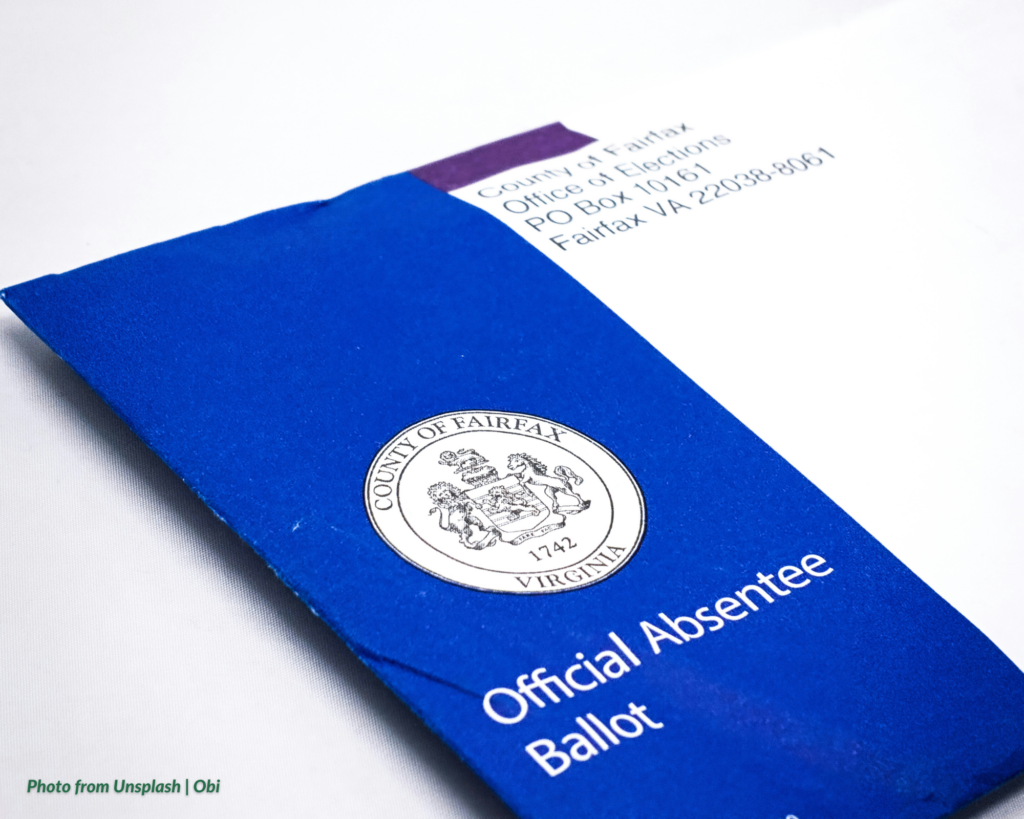
Photo from Unsplash | Obi
The following post does not create a lawyer-client relationship between Alburo Alburo and Associates Law Offices (or any of its lawyers) and the reader. It is still best for you to engage the services of a lawyer or you may directly contact and consult Alburo Alburo and Associates Law Offices to address your specific legal concerns, if there is any.
Also, the matters contained in the following were written in accordance with the law, rules, and jurisprudence prevailing at the time of writing and posting, and do not include any future developments on the subject matter under discussion.
AT A GLANCE:
Qualified Filipinos abroad, members of the Armed Forces of the Philippines, the Philippine National Police, other government officers and employees who are duly registered voters and are temporarily election duties on election day, as well as members of media, media practitioners, and persons deprived of liberty, may vote in the upcoming elections in accordance with the laws on absentee voting.
Overseas Absentee Voting
Overseas voting refers to the process by which qualified citizens of the Philippines abroad exercise their right to vote.
Under Republic Act No. 9189, as amended by Republic Act No. 10590, all citizens of the Philippines abroad, who are not otherwise disqualified by law, at least eighteen (18) years of age on the day of elections, may vote for President, Vice-President, Senators and Party-List Representatives, as well as in all national referenda and plebiscites.
An overseas voter refers to a citizen of the Philippines who is qualified to register and vote under R.A. No. 10590, not otherwise disqualified by law, who is abroad on the day of elections.
The following shall be disqualified from registering and voting under the Overseas Voting Act:
(a) Those who have lost their Filipino citizenship in accordance with Philippine laws;
(b) Those who have expressly renounced their Philippine citizenship and who have pledged allegiance to a foreign country, except those who have reacquired or retained their Philippine citizenship under Republic Act No. 9225, otherwise known as the ‘Citizenship Retention and Reacquisition Act of 2003′;
(c) Those who have committed and are convicted in a final judgment by a Philippine court or tribunal of an offense punishable by imprisonment of not less than one (1) year, such disability not having been removed by plenary pardon or amnesty: Provided, however, That any person disqualified to vote under this subsection shall automatically acquire the right to vote upon the expiration of five (5) years after service of sentence; and
(d) Any citizen of the Philippines abroad previously declared insane or incompetent by competent authority in the Philippines or abroad, as verified by the Philippine embassies, consulates or foreign service establishments concerned, unless such competent authority subsequently certifies that such person is no longer insane or incompetent.
Local Absentee Voting
Under Section 12 of Republic Act No. 7166, absentee voting as provided for in Executive Order No. 157, Series of 1987 shall apply to the elections for President, Vice-President and Senators only and shall be limited to members of the Armed Forces of the Philippines and the Philippine National Police and other government officers and employees who are duly registered voters and who, on election day, may temporarily be assigned in connection with the performance of election duties to place where they are not registered voters.
Republic Act No. 10380 on the other hand provides for local absentee voting for members of media. Section 2 thereof provides that the Commission on Elections shall extend the right to vote under the local absentee system provided under existing laws and executive orders to members of media, media practitioners, including the technical and support staff, who are duly registered voters and who, on election day, may not be able to vote due to the performance of their functions in covering and reporting on the elections: Provided, That they shall be allowed to vote only for the positions of President, Vice President, Senators, and Party-List Representatives.
Persons Deprived of Liberty Voting
The Commission on Election (COMELEC) issued Resolution No. 9371, prescribing the rules and regulations on detainee registration and voting in connection with the National and Local Elections.
COMELEC Resolution No. 9371 provides that detainee voting, either through the special polling place inside jails or escorted voting, may be availed of by any registered detainee whose registration record is not transferred, deactivated, cancelled, or deleted.
Detainees who shall be eighteen years of age on the day of election and/or are committed inside the detention centers for at least six (6) months immediately preceding the election day may be registered as a voter.
Detainees who are already registered voters may apply for transfer of registration records as warranted by the circumstances.
Click here to subscribe to our newsletter
Alburo Alburo and Associates Law Offices specializes in business law and labor law consulting. For inquiries regarding legal services, you may reach us at info@alburolaw.com, or dial us at (02)7745-4391/ 0917-5772207/ 09778050020.
All rights reserved.

